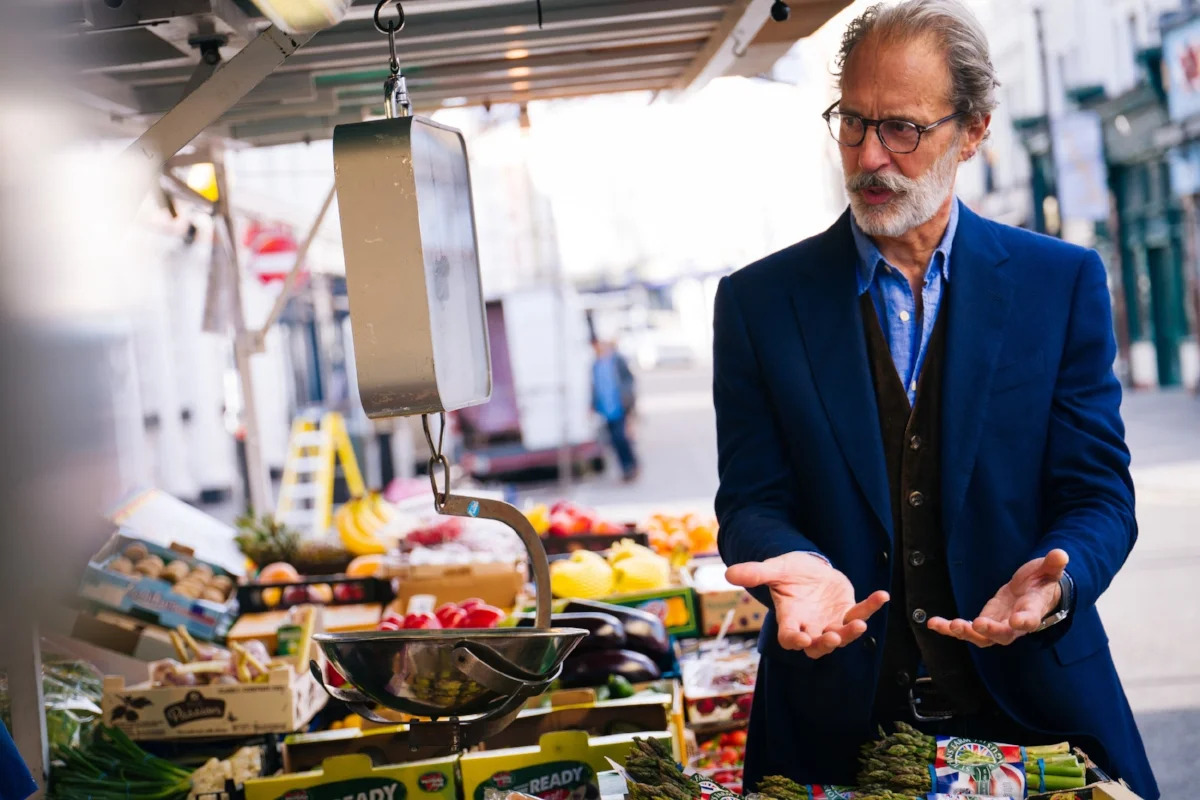The Difference That Kindness Makes
Recently it was National Random Acts of Kindness Day, and I thought it would be interesting to go out into my neighbourhood and ask people about their recent experiences of kindness – random or otherwise – and how it affected them. You can see some of the responses here in a short film I made:
Like many people I know, I actively seek to find out what’s going on in my neighbourhood and community, as well as what’s happening nationwide and in the world. I’m interested to know what other peoples’ experiences of the world are.
It struck me many years ago how the continuous deluge of negative news which pours over us from free daily papers, news apps, social media, and channels broadcasting 24/7 can have a progressive, damaging effect.
I remember watching a documentary about people who were actively resisting this onslaught of news, and the response of one person to the question of why he did not have a TV was: “Why would I want an open sewer running through my home?”
That may be an extreme reaction, but I can understand what he meant. A couple of weeks ago I monitored the type of ‘news’ I was receiving through various channels. Unsurprisingly, it was mostly negative with – or so it appeared to me – rather forced items of jollity purposefully inserted to lighten the mood. Many of the stories featured unbelievable acts of unkindness and cruelty.
Now, please don’t think I’m suggesting that we bury our heads in the sand and ignore everything going on outside our immediate environment and community. What I am saying is that being selective about what comes before our eyes, and into our homes, could have a dramatic impact on our mood.
In 2014 there was an infamous Facebook experiment conducted in which half a million randomly selected people were split into two groups. Their news feeds were manipulated so that one group only received good news and cheery posts, and the other quite the opposite. Afterwards, the ‘good news’ group were observed to engage on the network in an upbeat and positive way, whilst the ‘bad news’ group shared more negative content to their own profiles.
This experiment understandably caused an outcry, but nevertheless interestingly confirmed that our emotions can be easily manipulated by outside influences as seemingly innocuous as a social media post.
What’s more – as I confirmed when I spoke to my fellow residents of Notting Hill – being the recipient of small, positive acts of kindness can make a radical difference to our happiness.
As Vedic meditators we build up a daily resilience to negative onslaught. Not by pretending it isn’t happening, but rather by making the conscious choice or decision not to engage with it. This refinement of thought and observation is one of the many wonderful benefits achieved from twice daily meditation.
MindMojo Vedic Meditation courses are taught in both London and Brighton. Find all of our upcoming dates introductory talk dates in both cities, and book your free place online here.
You can also follow MindMojo on Facebook, Twitter, and Instagram, or sign up to the newsletter at the bottom of this page.

